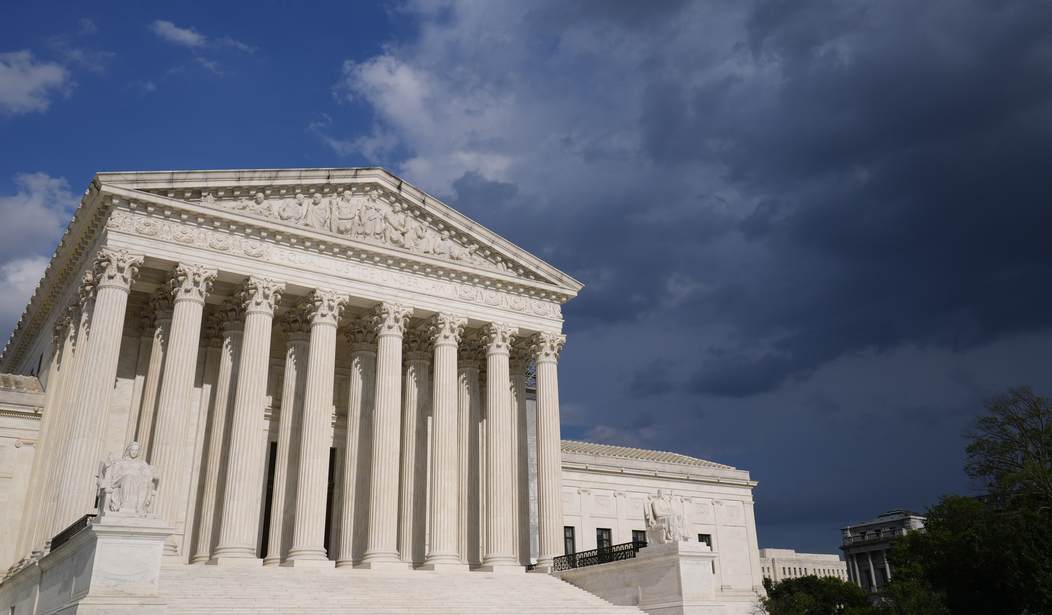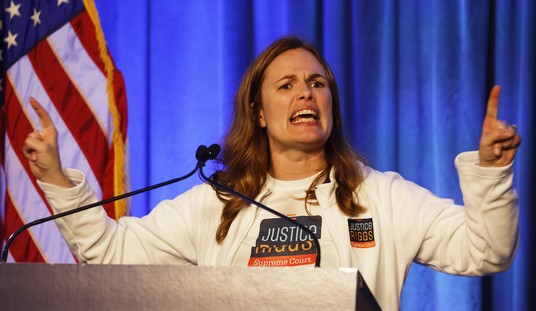The United States Supreme Court has agreed to take up a review of the Fifth Circuit Court of Appeals' ruling, on a case that could help curb federal power that's been allowed to spiral out of control during the Biden-Harris administration.
via the NYT:
The Supreme Court, which dealt a major blow to the power of federal agencies in June, agreed on Friday to consider another: whether Congress violates the Constitution by delegating broad discretion to them.
The so-called nondelegation doctrine has been largely dormant since 1935, when the Supreme Court struck down New Deal laws for granting too much leeway to agencies with insufficient guidance.
....
The new dispute concerns an $8 billion fund that helps pay for telephone and broadband services for poor people and residents of rural areas. Overseen by the Federal Communications Commission, the Universal Service Fund relies on charges imposed on phone bills.
The case, brought by conservative nonprofit group, Consumers’ Research, filed a challenge to the underlying law, "saying it granted the agency too much discretion," the report continued. "Moreover, the group said, the F.C.C. had acted unlawfully in letting a private entity administer the fund":
“In essence,” the group told the justices, “a private company is taxing Americans in amounts that total billions of dollars every year, under penalty of law, without true governmental accountability.”
Judge Andrew S. Oldham of the U.S. Court of Appeals for the Fifth Circuit wrote in the majority ruling that deemed the program unconstitutional:
“The universal service contribution mechanism’s double-layered delegation is incompatible with our constitutional structure.”
Here's the counterargument by the Biden administration, which SCOTUS agreed to hear...."in the two consolidated cases, F.C.C. v. Consumers’ Research, No. 24-354, and Schools, Health & Libraries Broadband Coalition v. Consumers’ Research, No. 24-422":
“If left in place,” the administration’s petition seeking review said, “the decision will upend the universal service programs, to the detriment of millions of consumers nationwide.”
That said, since the high court isn't expected to hear arguments in the case until sometime in March 2025, the ball will then be in the Trump administration's court (so to speak).
As this is a developing story, RedState will provide updates as warranted.













Join the conversation as a VIP Member